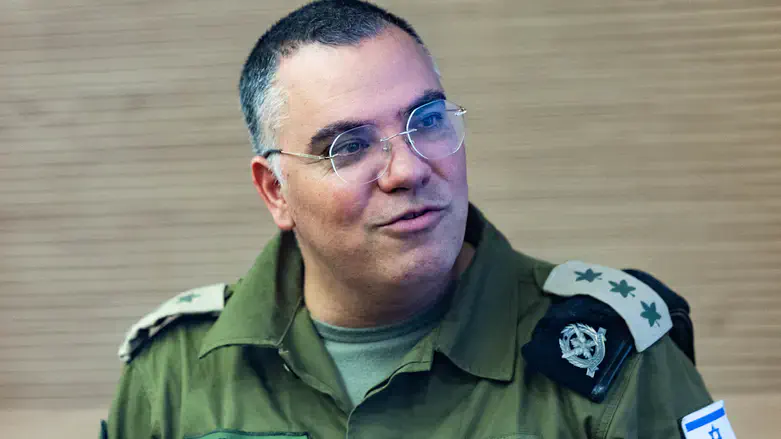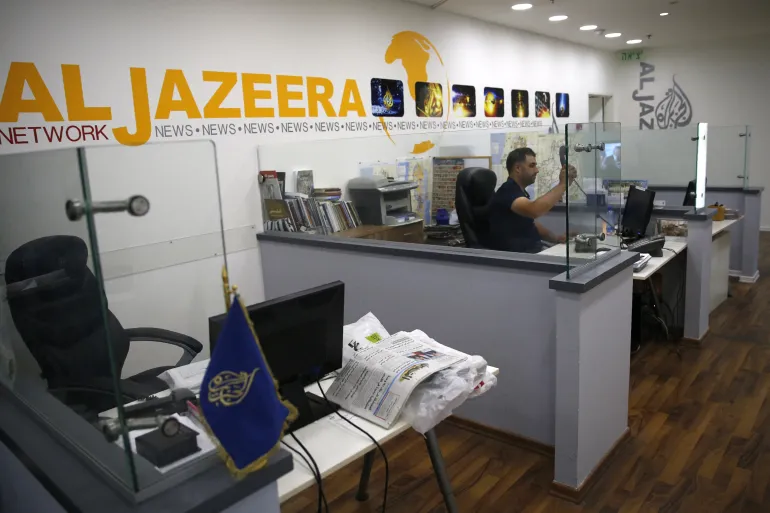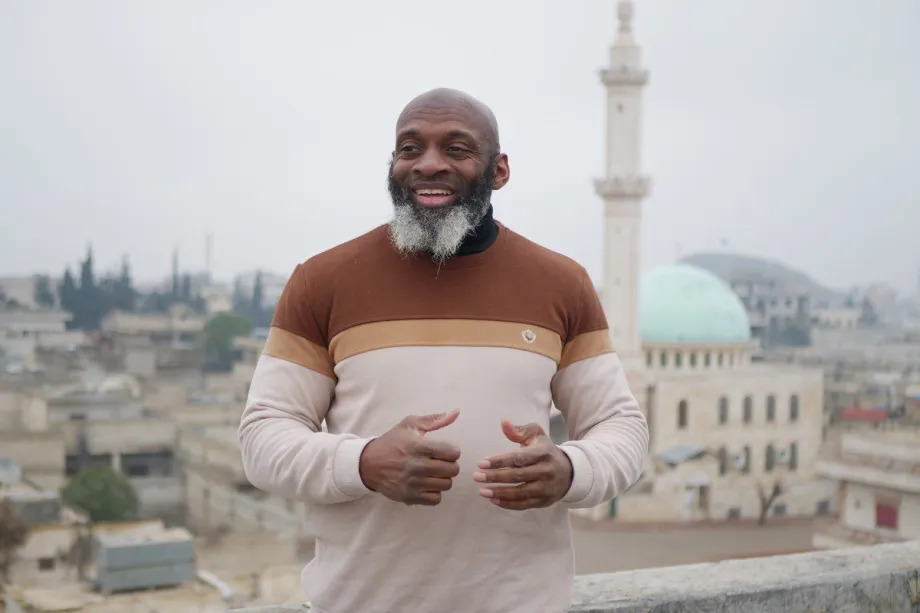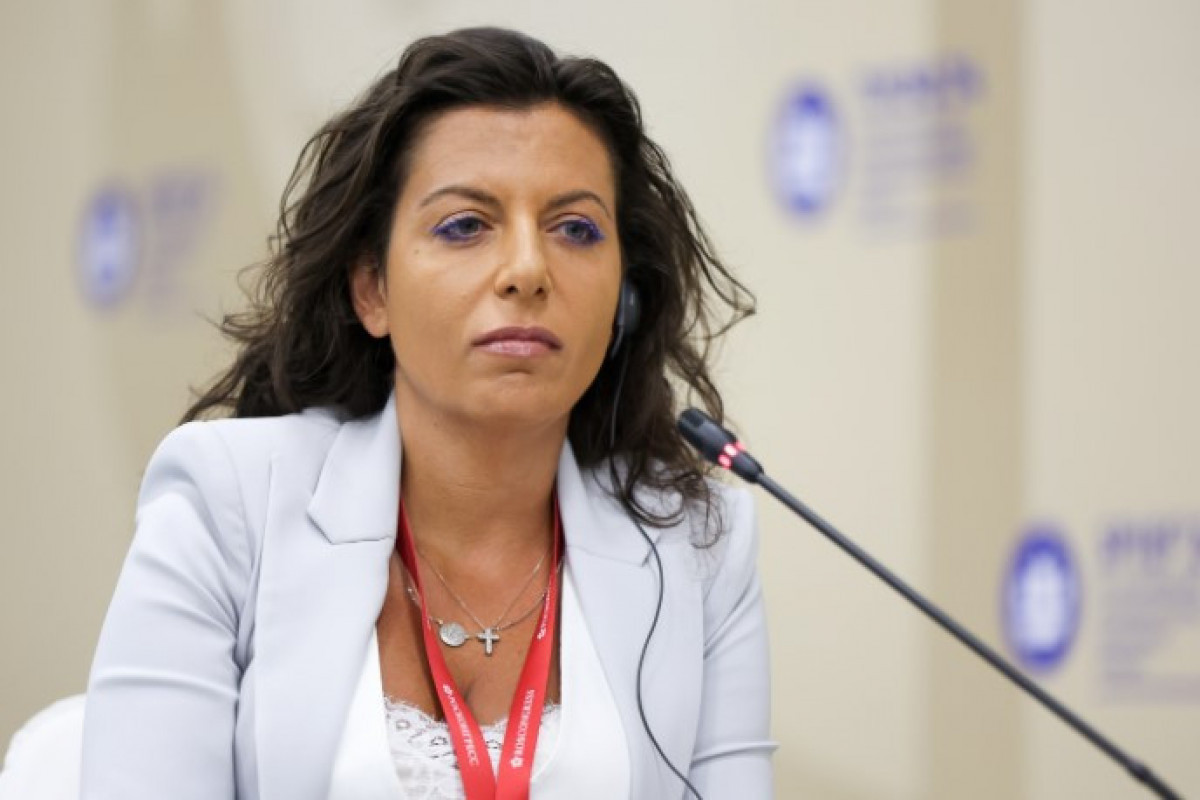
Assassination Plot Against Russian Journalist Margarita Simonyan Uncovered
October 20, 2025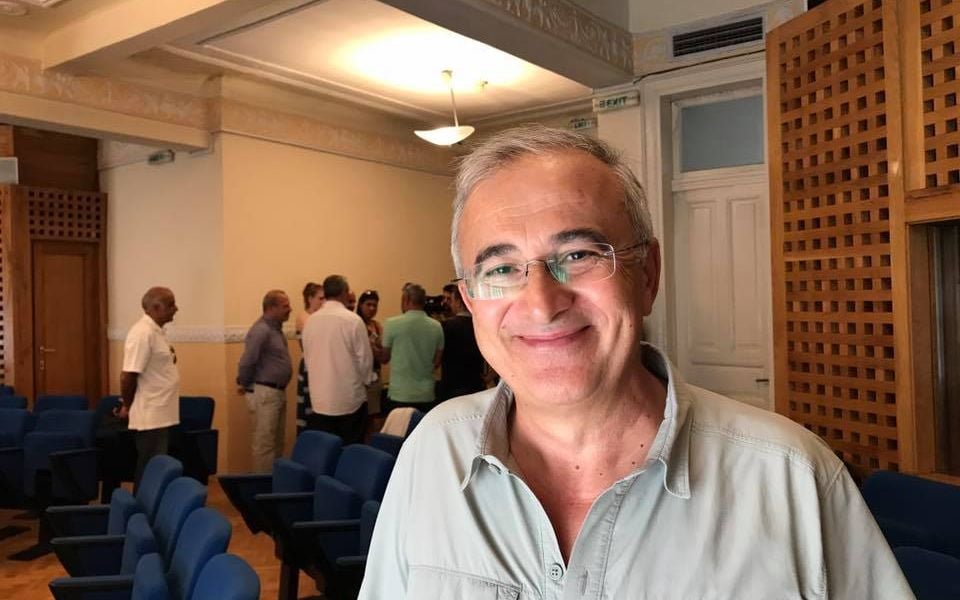
Greek Journalist Denied Entry to Turkey Over ‘National Threat’ Assessment
October 21, 2025October 21, 2025 – Palestine –
A recent online exchange highlights escalating tensions between Israel’s military and Gaza-based media figures. Gaza-resident photographer and correspondent Fadi al‑Wahidi, who worked with Al Jazeera, publicly mourned his uncle Taj al‑Din al‑Wahidi, a senior field commander in the Palestinian organization Hamas’s Jabalia battalion, killed in operations in northern Gaza. In a social-media post, al-Wahidi announced his uncle’s passing, invoking religious language and the role his relative played in the conflict.
In response, the IDF’s Arabic-language spokes-team publicly ridiculed al-Wahidi’s professional status, describing him and others in similar roles as “young men … sometimes mistakenly described as journalists,” claiming many originate directly from Hamas. The IDF accused such individuals of operating within the militant group’s media-propaganda framework rather than functioning as independent reporters.
The exchange underscores a deeply fraught environment for journalists in Gaza, where distinctions between media work and political or militant affiliation are hotly contested. By identifying al-Wahidi’s family link and linking his media role to militant activity, the IDF’s remark challenges the notion that Gaza-based reporters are neutral observers. Instead, it frames them as potential adversaries embedded within combatant structures.
While defenders of press freedom maintain that journalists must be protected under international humanitarian law unless they directly participate in hostilities, the IDF’s rhetoric reflects a counter-narrative: one in which media credentials are dismissed if the purported reporter has close ties to an armed group. This strategy bears significant implications—not just for al-Wahidi, but for the broader factual distinction between independent journalism and propaganda.
The case raises broader concerns about how professional identity, familial relationships, and location within a conflict zone affect press-freedom protections. In Gaza, where media infrastructure is severely compromised, and press workers often face direct danger, such public delegitimization by a military body complicates the protection of journalists as civilians. It also risks chilling independent reporting, as local media may fear being branded combatants rather than observers.
In summary, the incident serves as a sharp illustration of how warfare-context reporters can be “othered” by security institutions. By naming al-Wahidi and mocking his role, the IDF signals a zero-tolerance policy for media actors it deems aligned with adversarial forces—a stance that further blurs journalistic-militant distinctions in one of the world’s most dangerous reporting environments.
Reference –
https://www.jewishrhody.com/stories/idf-mocks-gaza-journalist-who-eulogized-terrorist,122796

